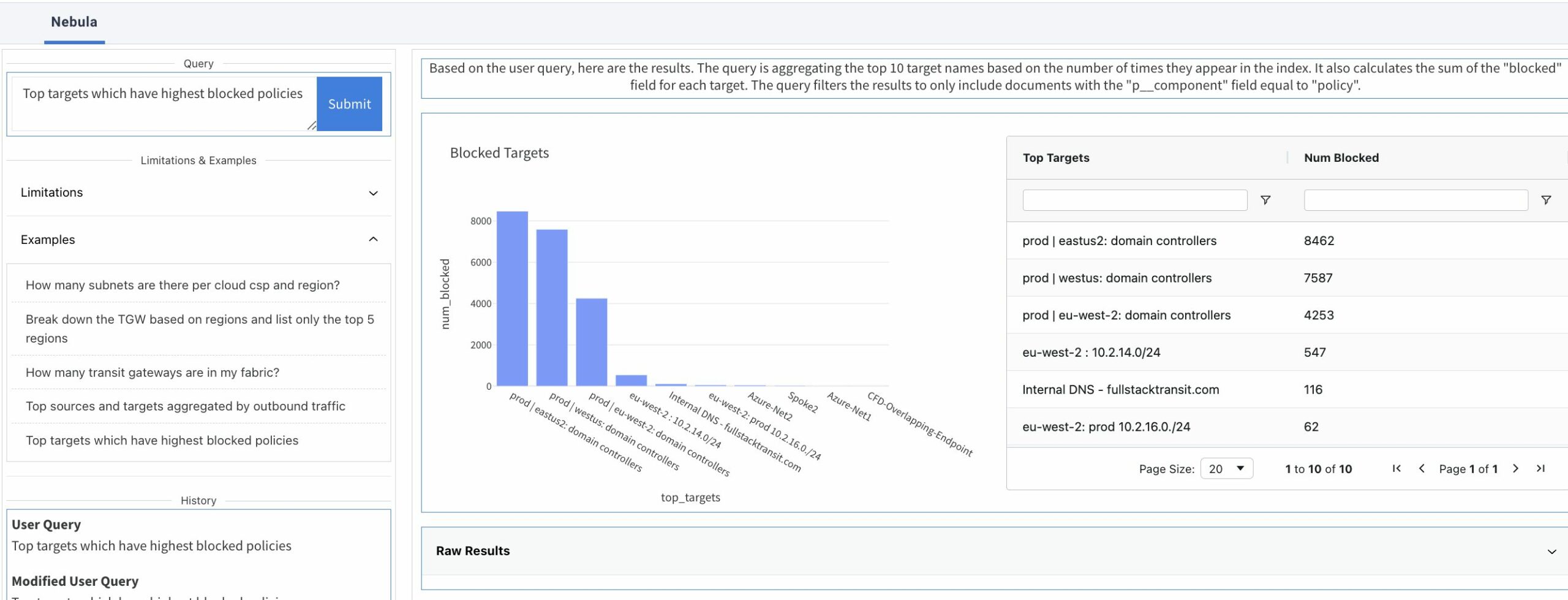The truth of the universe is always sitting there just beyond your reach. You only need to know the right questions to ask in order to unlock it. You might think that sounds like some kind of Zen philosophy but it applies to more things than you know, especially in tech. When I think back to the early days of my computer skills training and professional career I realize that the information that I needed to make better decisions about how to deploy equipment or empower users was right there the whole time. I just didn’t know how to ask the right questions to find it.
Step into the modern world and it feels like information overload all the time. We have status notifications and log file outputs feeding into dashboards and alerts. I have seen people with inboxes containing tens of thousands of unread messages thanks to pointless alerts. When you quiz someone about the status of a given system or indicator they’re lucky if they even remember that is a device they maintain. It feels like the majority of the time everyone is getting by on the hope that things are running correctly most of the time and when they aren’t an alert will arrive just in the nick of time to save the day. Does that sound like a way to operate your cloud environment?
Prosimo Knows
The rise of AI features being added to modern systems has be rapid over the past year. We’ve accelerated from hinting about the capabilities of artificial intelligence to having full-blown assistants ready to go in less than a calendar year. That speaks to the perceived value of having a feature set like this to build on. While a number of companies have been putting out a virtual assistant add-on to their product line all of the ones I’ve been briefed on so far seem to be focused on providing information and querying capabilities for an on-prem deployment or a single group of private sites.
On the other hand, Prosimo is leveraging their multicloud capabilities to help bring real value to an AI assistant. Prosmio already has a significant investment in doing multicloud networking properly. Even in this latest release they’re providing ways to accelerate AI applications that have components stored across multiple clouds. But that’s just the tip of iceberg when it comes to implementing AI functions into the system. For the next part we need to head into outer space.

Nebula is the Prosimo answer for AIOps in a multicloud world. Nebula is ingesting all of the metadata that your multicloud network is producing and analyzing it for ease of retrieval. Compared to the old days of trying to sift through endless screens of error reports or trying to match up overlapping comparisons, Nebula provides an easy-to-use natural language query interface to get information you need quickly.
Two of the areas that Prosimo have really been highlighting for Nebula are compliance and IP overlap. The second of these is pretty straightforward. You can ask Nebula to show you which IP spaces overlap in your deployments to prevent any issues from deploying new applications or trying to integrate with other systems. Having had to use NAT to solve these challenges in the past I can assure you that you really want to know how to fix these problems ahead of time instead of being forced to figure it out halfway through the process. If you know there is a significant overlap in the address space up front you can plan ahead. Nebula gives you the capability to find this out sooner.
Compliance is a big area where data is even more critical. Think of something like GDPR. You have governance requirements as well as standards that need to be upheld. If your system migrates data across the wrong threshold you’re on the hook to figure out when it happened and how long it was somewhere it shouldn’t have been. Today that information is locked behind transfer logs and other unreadable files that will take many hours to sift through to understand what happened. If those hours just happen to be in the company of regulators then you’re going to be even more stressed. With Prosimo Nebula, you just ask the system Did any of my data violate GDPR boundaries and for how long? and the answers appear right there. Now your compliance is only a query away.
Nebula leverages OpenAI and Google Bard/Gemini currently for their LLM. They’ve also functionally split the LLM access into different log areas, such as alerts, policy, access, and so on. The goal is to help reduces the costs associated with feeding the data to the LLM to be analyzed. They’re also using retrieval augmented generation (RAG) to help reduce the instances of hallucinations when the LLM returns a result that is false based on the data being analyzed. Nebula is also in beta right now but is improving by leaps and bounds with every iteration.
Bringing It All Together
I think that the Prosimo approach to using an AI assistant is critical because it gives a complex solution set like multicloud networking a real force multiplier when it comes to unwinding the difficulty of the problem set. Right now the focus is absolutely on common issues like IP address overlap and compliance but with the rate at which Nebula is improving it wot’ be long until it’s able to answer all manner of questions about the state of a multicloud deployment and help operations teams understand what’s going on and how things can be fixed or improved. It also helps non-technical stakeholders understand the state of things and can answer questions for them that might otherwise occupy operations teams.
For more information about Prosimo and their new Nebula offering, make sure you check out their website. You can see previous Tech Field Day presentations as well by visiting the Tech Field Day website.

